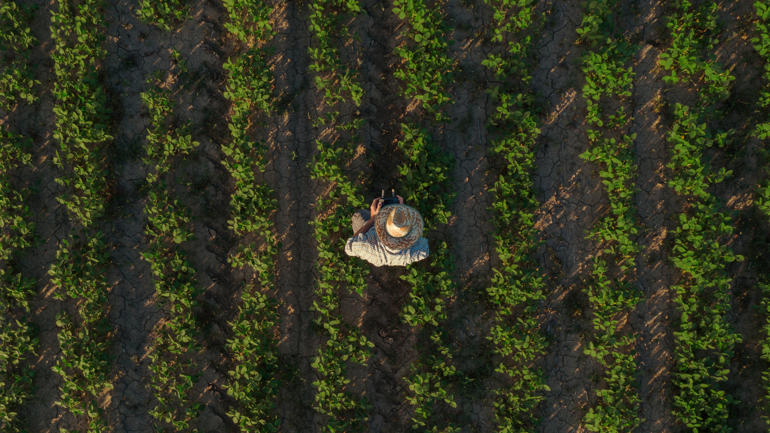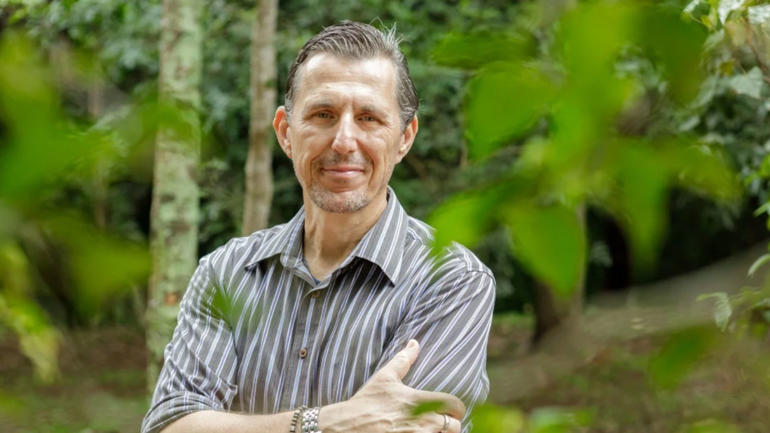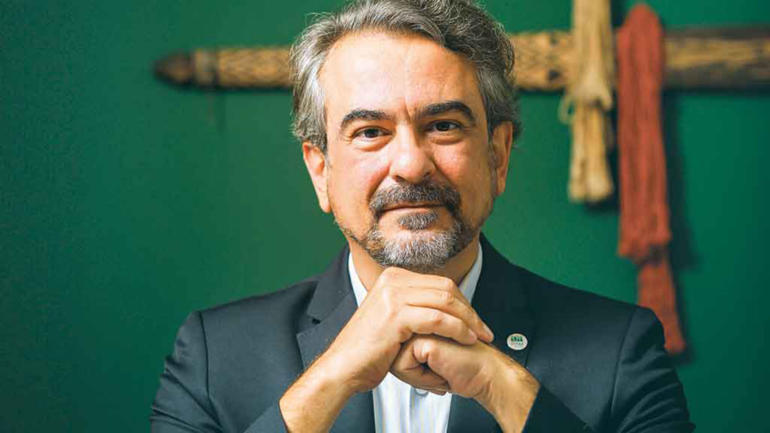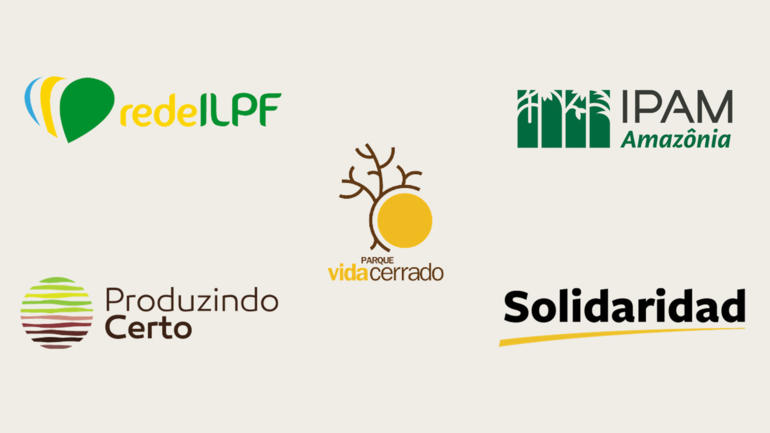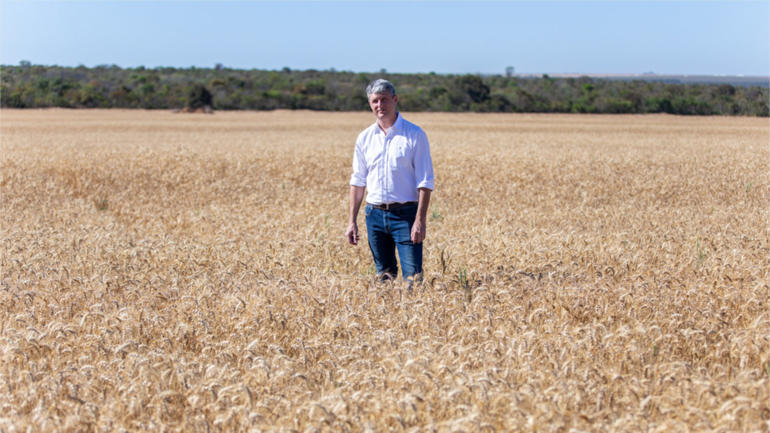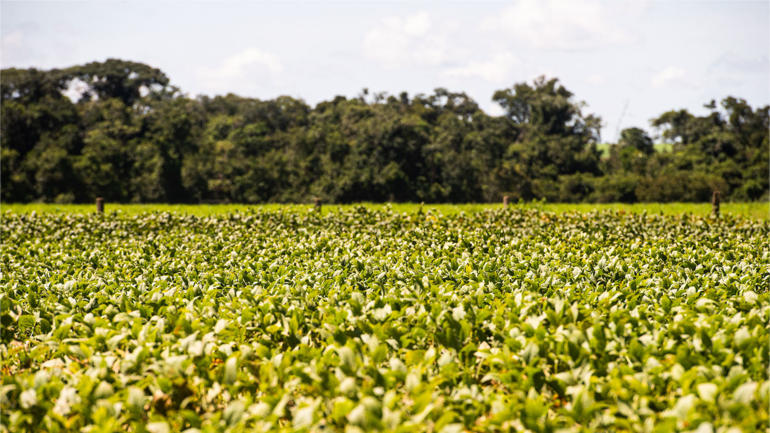In a high-level report published on February 29, 2024, the World Economic Forum outlined a set of recommendations for the economic development of the Brazilian Cerrado. The “Cerrado: Protection and Production” white paper encourages key stakeholder groups, including collaborative private sector platforms like the Soft Commodities Forum (SCF), to monitor land conversion and secure funding for large-scale sustainable agriculture and conservation efforts.
Hosted by the World Business Council for Sustainable Development, the SCF welcomes the proposals formulated by the World Economic Forum, highlighting their relevance and further contextualizes them with learnings from field-level and value-chain engagement programs deployed in the Cerrado, South America’s second largest biome, in Brazil.
Recovering degraded pastureland
There are up to 38 million hectares of degraded pastureland in the Cerrado - an area larger than Germany. Soy expansion over degraded pastureland supports agricultural growth without converting native vegetation, fostering economic growth, restoring soil health and sustainably intensifying low-productivity land.
As highlighted by Solidaridad Network's Director for Brazil, the lack of technical knowledge and upfront investment are key challenges for producers to restore degraded pastureland. In collaboration with Solidaridad Network and Parque Vida Cerrado, two implementing partners of the Farmer First Clusters (FFC) initiative, the SCF is actively engaged in restoring degraded pastureland. This encompasses restoring 300 hectares per year of native vegetation on soybean farms in Western Bahia and conducting training sessions on sustainable farming for producers and rural extensionists in degraded agricultural land across Tocantins.
Promoting integrated crop-livestock-forestry production Systems (ICLFS)
ICLFS (ILPF in Portuguese) are multi-functional agricultural systems that optimize land use, enhance overall productivity, improve soil fertility, diversify income streams, and promote the ecological resilience of a farm. Rede ILPF, a public-private organization formed by agribusinesses and EMBRAPA, advances ICLF implementation in the Cerrado by providing training on integrated farming to producers, rural extensionists, and financial sector representatives.
Through the FFC initiative, Rede ILPF’s partnership with the SCF is expected to provide such training to 40 producers, 20 rural extensionists, and 19 financial sector representatives annually. Quantitative results and qualitative learnings from field implementers are available here (link to FFC implementation map).
Avoiding native vegetation conversion
The Cerrado has close to 100 million hectares of intact natural habitat, of which a quarter are within privately owned properties that could legally be cleared and are suitable for soy production. The biome has around 50 million hectares of land already cleared and suitable for soy that can be an opportunity for further expansion if the right incentives are in place (Agrosatélite 2020 Geospatial Analysis of Soy Crop study).
With IPAM’s CONSERV mechanism, a financial compensation payment delivered to producers who commit to preserving their surplus legal reserve, the FFC will protect 7,000 hectares of surplus native vegetation for three years through ecosystem services payments, deployment of public policy action, and the development of a long-term business model to incentivize Cerrado soy producers.
By securing funding for large-scale conservation efforts, the SCF implements farmer-led programs that contribute to the emergence of regenerative and forest-positive landscapes. These endeavors demand field expertise and support from producers who act as stewards of their land. The vision outlined in the World Economic Forum’s paper is aligned with the SCF’s actions in laying the groundwork for increased investment and enhanced engagement with key stakeholder groups committed to safeguarding the Cerrado’s ecological integrity and fostering its economic development.
Building Partnerships for Forest Positive Landscapes
The SCF’s FFC is an essential initiative in the transition to forest-positive landscapes in the Cerrado. Partnering with various local implementers, including IPAM, Parque Vida Cerrado, Produzindo Certo, Solidaridad Network and Rede ILPF, the SCF combats deforestation and conversion in soy landscapes. The FFC offers a mix of solutions adapted to the local environmental and socio-economic context, including financial incentives, technical support and capacity-building measures that help preserve native vegetation, restore degraded land, and promote sustainable agricultural practices.
The FFC serves as a catalyst to explore and implement viable solutions and models, but broader collaboration is essential for regenerative and forest-positive landscapes. The SCF welcomes co-funding and investments from value chain partners and other sector players. The SCF is also open to collaboration with a diverse range of stakeholders committed to protecting the Cerrado’s natural environment and fostering sustainable economic progress.



